It is winter, and inside the town of Novhorodske, a small assembly of people crowd around a Red Cross volunteer who is heating the room with a small oven powered by branches cut from trees in the town. Logging is illegal; coal mines are nationalized and its product sold to private corporations leaving many foraging materials for fuel.

Wafts of cold air escaping my breath perfectly illustrated the severity of the cold. For Donbas residents, it is an ever-growing danger, especially without sufficient heating. Many visitors to Ukraine quip it has two seasons — summer and winter, reaching temperatures as high as +35 Celsius to as low as –20 Celsius.
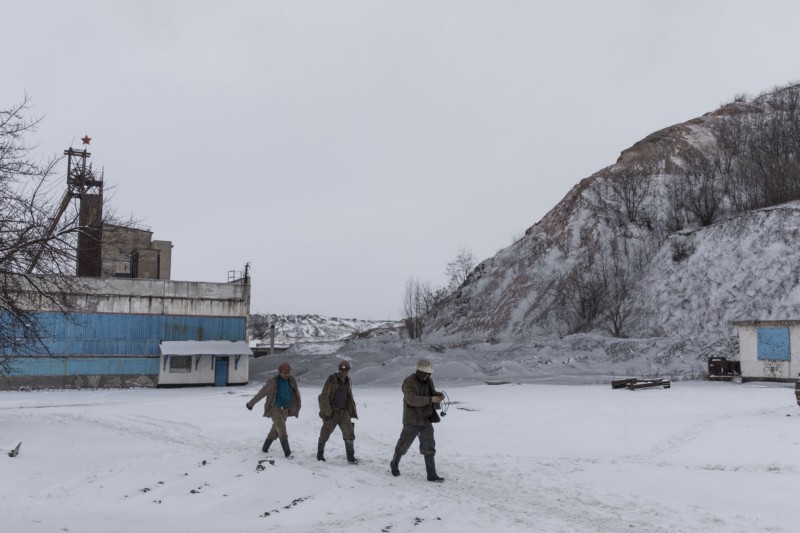
After speaking with locals, a woman named Iryna, 62, approaches me recalling a story which confirms little has changed since the war started. She says, “Shelling came and hit the house. It destroyed everything inside and now I am homeless… I live with friends, luckily I was out when it happened.”

Iryna takes me to her home barren of its content and what happened here is obvious. Many people migrate as internally displaced people, but Irina remained in town where snow covers park grounds and landmines remain hidden. Children’s play areas remain central to Novhorodske and when it is time for school both parent and child remain sharp to navigate around them.
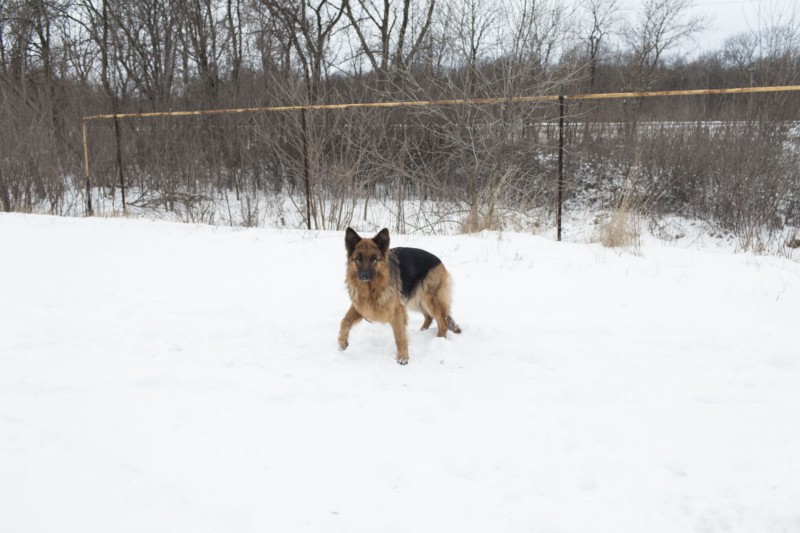
Town by town it is evident this conflict affects the elderly most. Many young people become estranged from their native towns taking on the title of IDP, but for pensioners, staying is a simple yet dangerous answer according to Vartan Muradian of UNHCR.
“The main reason for many elderly people staying behind are: there are no alternative options (in terms of housing) for them in the safe areas of the country, they do not want to be an IDP and thus be obliged to go through verification procedures initiated by the state, they do not want to leave their homes as that is the only property they have and people get very attached to their houses, especially in elder age…”

Talk to Ukrainians and it is evident the spirit of its history is well and truly resurrected, but ambiguity still squeezes fresh progress. On occasion, derogatory remarks can be heard made towards Russian people from Ukrainians and no doubt the same can be heard from the other side of them. Not long ago, a woman living in separatist-held Donetsk, Iryna Dovhan, was tied to a lamppost in Donetsk and beaten accused of being a spy. But many Russians have defected to fight alongside Ukrainian battalions offering their services as volunteers delivering aid to a province in peril and vice versa.
In war bitten east Ukraine, the reality of its plight is truly a nightmare. Like many conflicts, the situation here is far from black and white and though it is easy to wear a pair of good vs evil goggles inside the country, outside this mindset overlooks the conditions of those who live here.
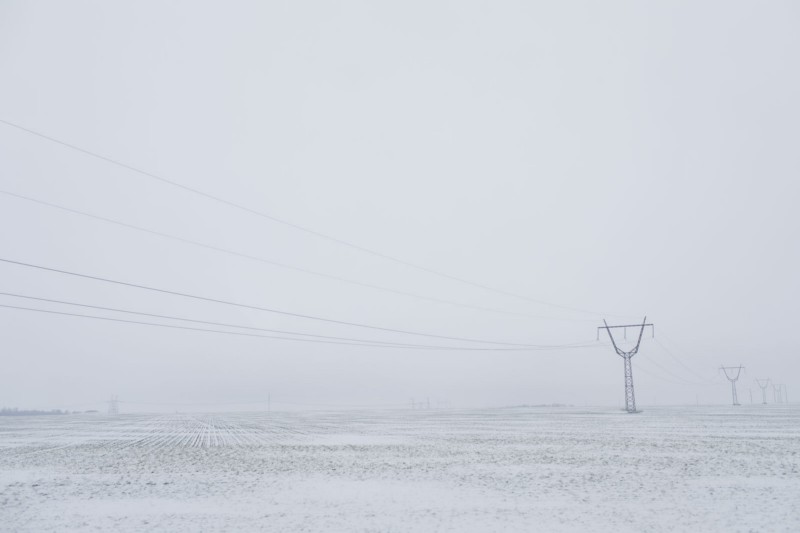
Moving closer to the LoC (line of contact) we head for the town of Avdiivka where we meet Lebedev Rodion, who drives me on the back of a moped to his village — Opytne.
Whizzing through green conduit lands to gain access we arrive at his home, which, barely standing is still a home. His family recently renovated the house which fortunately stood its ground to rocket fire exchanges between the two sides.

Night time has come, and we begin to eat dinner under a solar-powered light emitting a bluish-purple glow. Outside, the Ukrainian army and opposition fighters reciprocate fire as we eat locally cultivated food. I ask why he stays with his family to which he says,
“To understand what fear is, you need either to experience this fear yourself or to experience this fear for your relatives. Each person has a mask, he can endure only so much. Over time, a person burns from within and does not see his future and does not cling to life.”
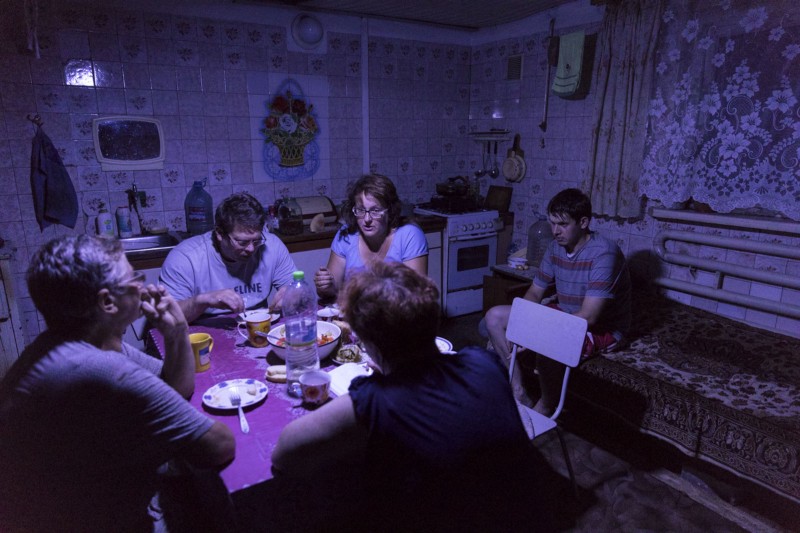
Living with his wife, daughter, son, and mother they unflinchingly continue to brush aside the actuality of events unfolding. Presenting a strong persona, void of uncertainty I begin to wonder if he plans to leave; “This issue is discussed daily in the family, everyone is very tired, our patience has dried up over the years, but there is no money to buy new housing, and to leave your home where you lived and spent your best years lacking in strength.”
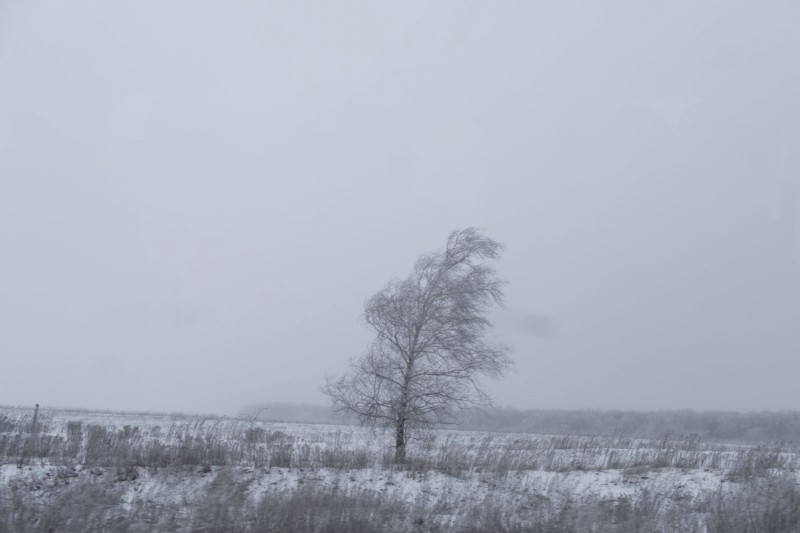
Many fear the night staying enclosed in their cellars during daylight hours. Those who remain unwaveringly do so tending to pets of residents who left due to the town’s proximity to fighting. At times, fire is drawn to villages (on both sides) hosting troops, leaving villagers with devastating consequences and decisions to contend with come winter time when temperatures can plummet as low as –17 Celsius.
Telichko Tetiana lives in Mariinka, which is situated at ‘zero’ level of the conflict,
“4 pieces from the shelling are inside of me right now... one in the hip, in my left leg, behind my heart and next to my backbone, I was hit in my garden. I was going to see my mum to take her to my basement and a bomb landed 4 meters away from me… Every half a year I feel like my health is getting worse. Sometimes I cannot feel my leg”… (in response to whether the cold exacerbates her condition) “for the last 3 days, I could not get up.”

“Diabetes began… [brought on by] it is the physical [exertion], I am very much afraid if something happens to me, my daughter will be on her own.”
So, what is it like for residents living here? One night in August 2017, I sat in on a shift with Ukraine’s Donbas battalion who were posted on the line of contact. Beginning at 18:00 they sat talking about friends, relatives, and current affairs. In the distance, shelling can be seen, and the sound of bombs pound the ground.
Each side retaliates until at 19:30 we are attacked ourselves by shelling. The sound of whistling shells like fireworks above compels the battalion to respond with SPG rockets. At such close range, you can equate the feeling of this weapon igniting to being hit by a wall. A very large wall, that does not break.
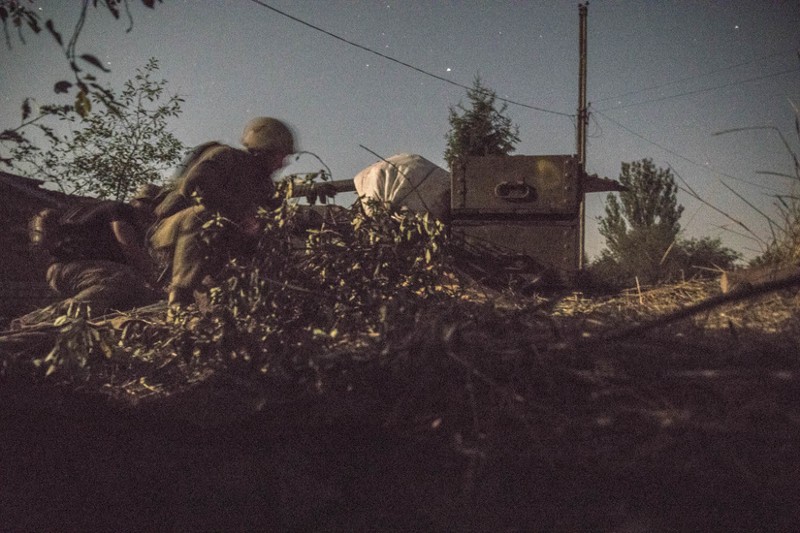
The commander, Foma, tells of the discussions he has with locals. Each rocket fired ejects an outer shell destroying anything behind it. “They say to me ‘you destroyed my home’. I tell them, ‘What do you want me to do, they are trying to kill me!”
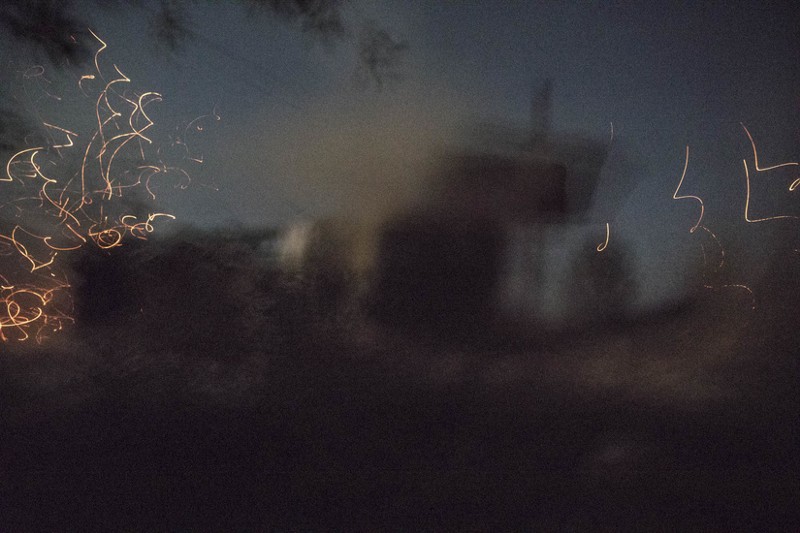
Attacks circumvent the village with an air of intangibility fluctuating between doubt and certainty. Daytime is relatively quiet and the acquiescence of people entombs emotion. They appear composed, but this is not the case. Neil Greenberg, Professor of Mental Health at the Royal College of Psychiatrists tells me,
“In some cases, this may be adaptive. In fact, many people who live in constant war-torn societies suffer some distress and then adapt what they do in order to be able to continue with their lives as best they can. Of course, they are at increased risk of developing mental health conditions (compared to villagers who access social support or who avoid trauma (by fleeing to safer places/changing their usual routines) but humans are remarkably resilient (i.e. adaptive). In some senses… talking about how terrible things are when there is no way to make things better might be traumatizing to some degree. However, most people find appropriate sharing with others they trust is helpful and protective of mental health.”

Assumptions surrounding the war causes much confusion. Misunderstandings and conspiracies misconstrue the truth of the matter from claims of western coups and Nazi control of Kyiv souring internationally important grassroots calls to action. The nature of the conflict itself is complex and such assumptions gestate notions to forget the true victims of the conflict — its people and their rights.
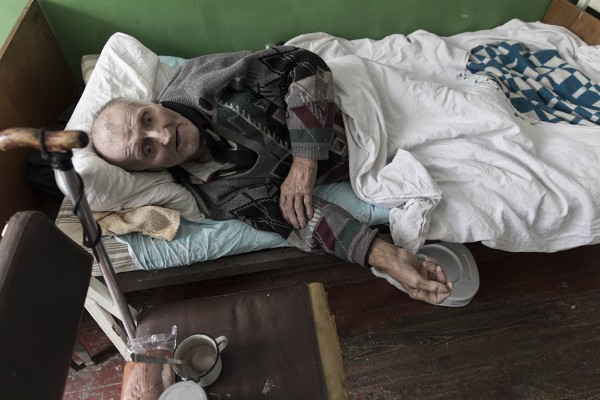
Vartan Muradian of UNHCR exclaims the biggest concern to him is — “…security! After that, there is housing or shelter and ensuring that their rights are guaranteed: freedom of movement, property rights, healthcare rights, pensions, and benefits, etc. That is where we concentrate the most now.”
He adds that it is easy to obtain statistics for the elderly but confirming how many remain is more difficult.

Article and photographs by Ty Faruki.
 Best known for his work in Ukraine, Ty Faruki offers a different perspective on the realities of life and culture in the eastern European state.Following a brief moment in film, he pursued a passion in photography seeing it as a better way to document.
Best known for his work in Ukraine, Ty Faruki offers a different perspective on the realities of life and culture in the eastern European state.Following a brief moment in film, he pursued a passion in photography seeing it as a better way to document.
Ty has been published internationally in newspapers including the Irish Times and Financial Times.
Website: www.tyfarukiphoto.com
Facebook: www.facebook.com/tyfarukiphotography
Instagram: www.instagram.com/tyfarukiphoto
Read more:
- Children of war: 17-year-old Misha and Artur talk about their fathers, childhood and war
- Everything you wanted to know about the Minsk peace deal, but were afraid to ask
- Will a UN peacekeeping operation finally unfold in the occupied Donbas?
- Donbas on the brink of environmental catastrophe
- Ukrainian civil resistance to Russian occupation in Donbas
- Ukrainian soldiers battle wildfires, along Russian-backed separatists, in war-torn Donbas
- Donbas Buddhist monks settle in Ukraine’s Carpathian Mountains after fleeing war
- Luhansk militants tortured disabled Ukrainian woman to make her “confess” she is a spy
- Status of Russian language worries 1% of Ukrainians; war in Donbas – 71%
- Military prosecutor reports over 518 suicides among Ukrainian soldiers
- From stage to the front line: Ukrainian filmmakers honor the memory of Vasyl Slipak
- Ukrainians welcome visa-free travel to EU amid escalation of hostilities in Donbas
- “Visitors” from Russia pushing out Donbas locals and taking over housing
- Chaplain Mykola: For patriotic priests, the “front line” represents all of Ukraine!
- Torture and humiliation: freed Ukrainians talk about Donbas captivity
- Another ceasefire begins in Donbas after pullout of Russian observers followed by escalation





